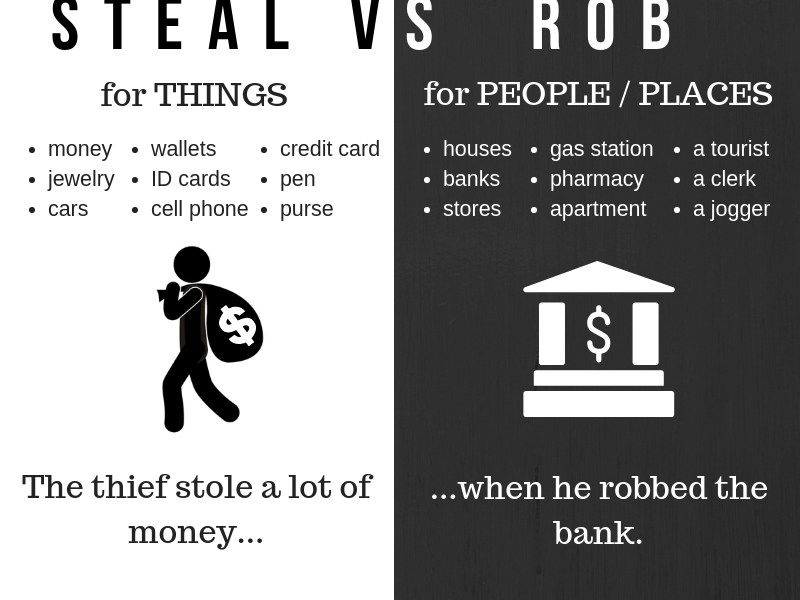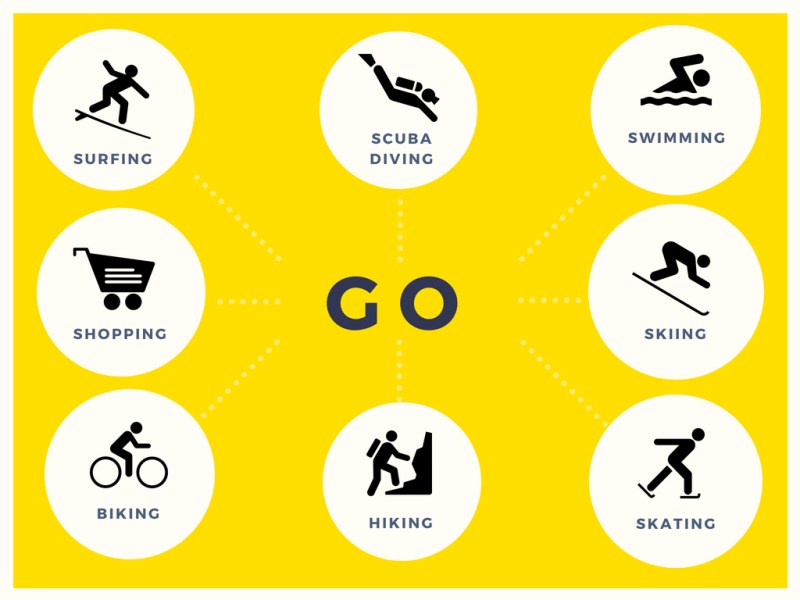Tag: Vocabulary
The $5 Million Comma: The True Tale of the Oxford Comma Lawsuit
If you don't think bad grammar can cost you, think again. In this case, one…
Digital Flashcards Are Here, and I’m So Flipping Excited!
I recently transitioned to online teaching again, so I really needed a way to showcase…
How To Talk About Your Period in English. Yes, That Period.
Happy Women's Month! I am marking the occasion with an English lesson devoted entirely to…
Variations on 4 Card Games ESL Students Will Flip Over
Breaking News! ESL Students prefer playing games to studying grammar. Thanks, Captain Obvious. Now, let's…
Borrow or Lend: What’s the difference?
It's easy to confuse these two terms. They are used when we give or take…
History vs. Story: What’s the Difference?
History: The study of past events or people History is a subject that we…
Steal vs. Rob: Crime Vocabulary
Have you ever been robbed? It's a terrible feeling! What did they steal? STEAL and…
Go Back or Come Back: What’s the Difference?
When talking about travel, it's easy to confuse the phrasal verbs go back and come back. They both mean to…
Expressions with the Verb TO GO
Use GO with another -ING verb when you talk about activities and sports. Do you want to go surfing in…










